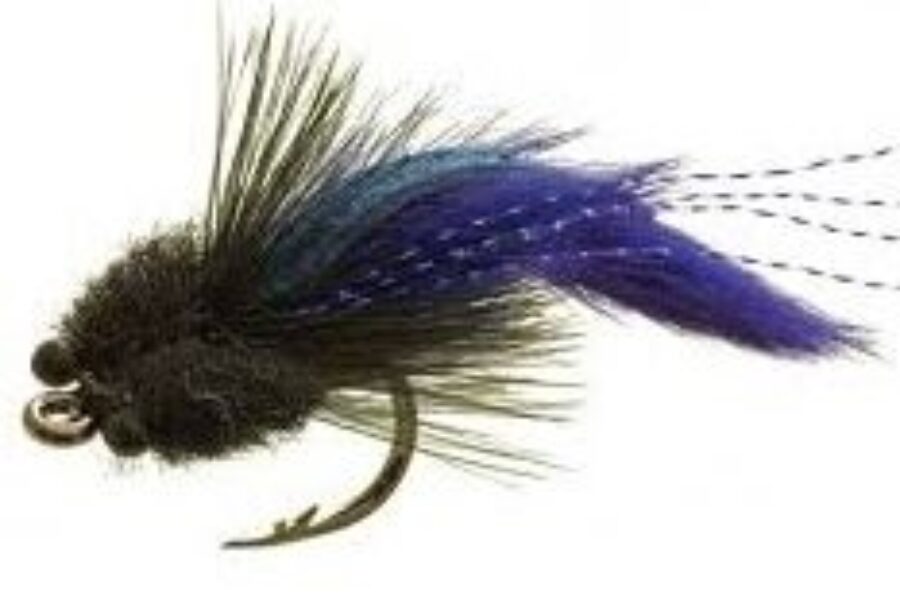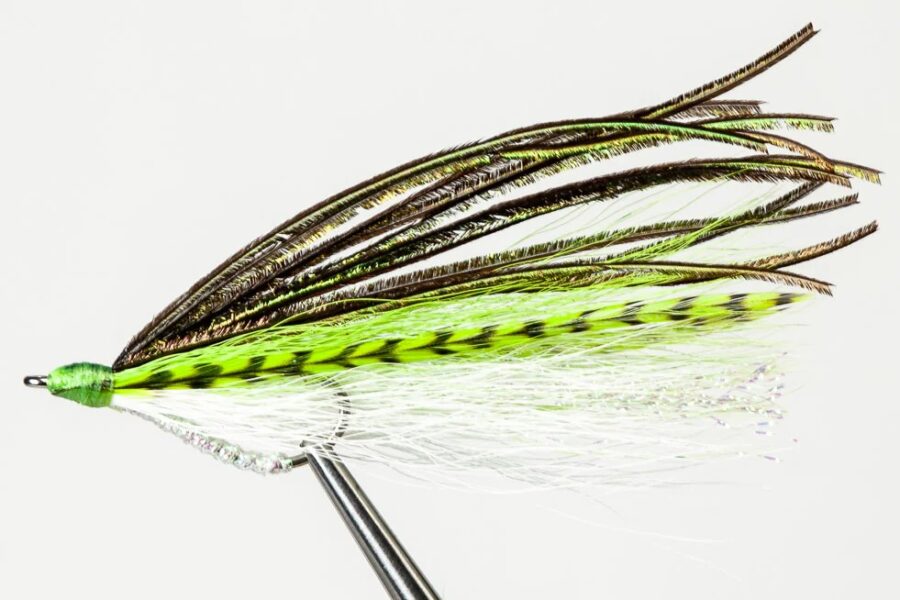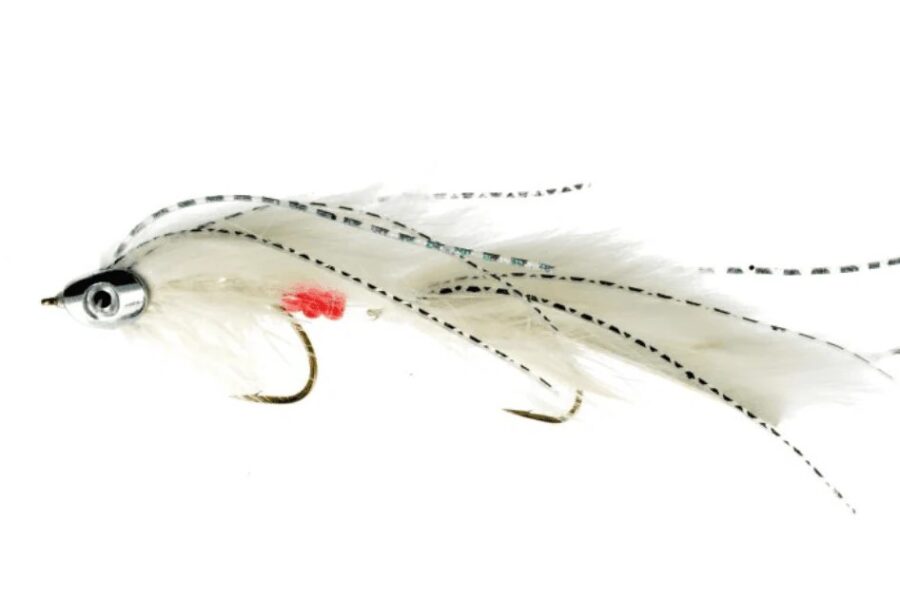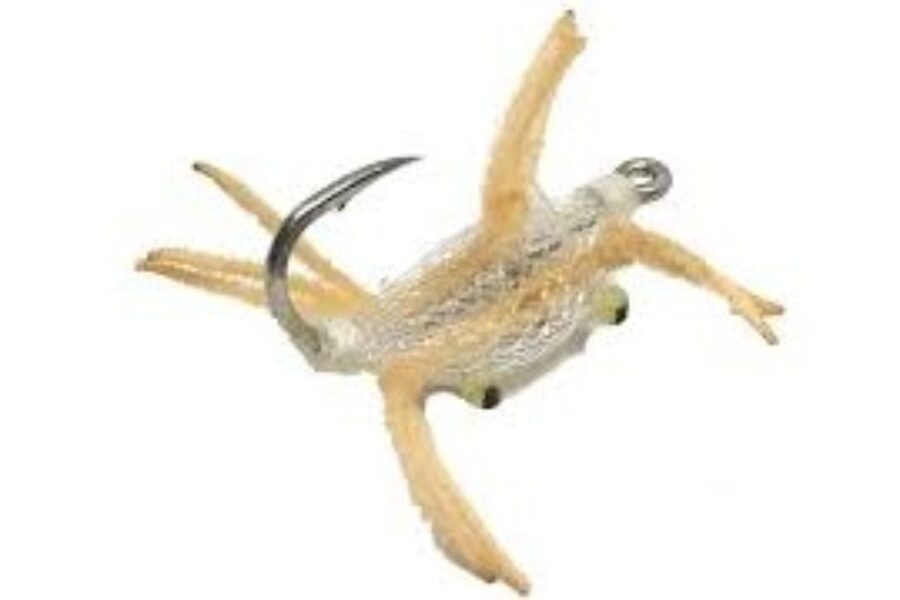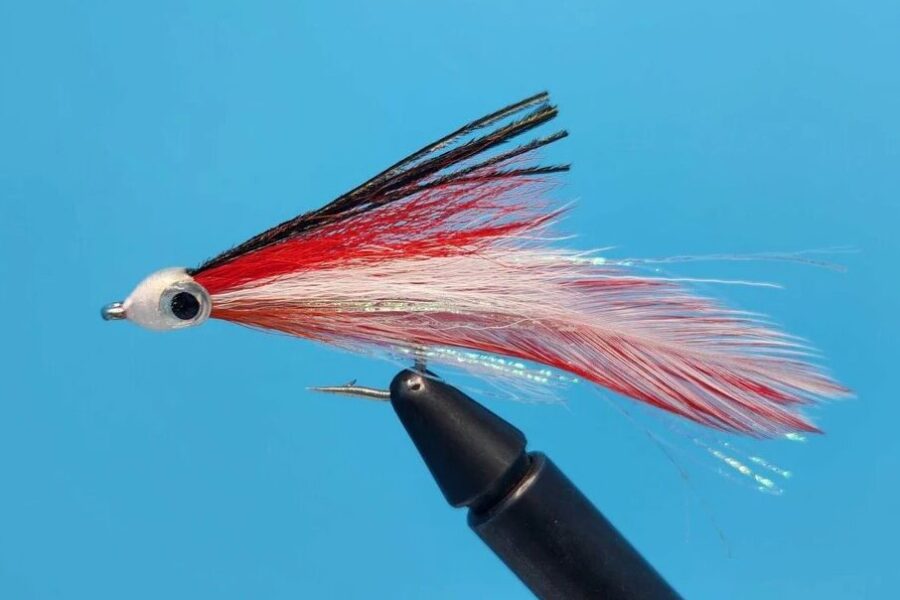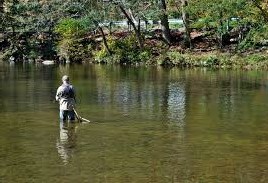A Comprehensive Guide to Becoming a Better Angler
Understanding the Foundations
Fishing is a recreational activity that has endured across countless centuries, and even longer as a means of survival. This timeless pursuit combines skill, patience, and understanding of nature, making it both challenging and rewarding. Having extra knowledge in this area is a great way to catch more fish and have a memorable time on the water. This comprehensive guide will help you enhance your fishing skills and increase your success rate.
Equipment Excellence
Mastering Hook Maintenance
The most important fishing tip anyone can learn is to always have a very sharp hook on their line. A sharp hook ensures that anything you catch will remain hooked on as you reel it in. Dull hooks can lead to lost catches and frustrating experiences. Check how sharp your hooks are from time to time and replace or sharpen dull hooks as necessary. A simple test is to drag the hook point lightly across your fingernail – it should scratch the surface without sliding.
Understanding Line Technology
Your fishing line is just as crucial as your hook. Different situations call for different line types: monofilament for general use, fluorocarbon for clarity and sensitivity, and braided line for strength and minimal stretch. Regular inspection of your line for frays, nicks, or weak spots is essential. Replace your line at least once per season, or more frequently if you fish often.
Advanced Fly Selection
The art of choosing effective flies requires understanding both your quarry and your fishing environment. Experienced anglers know that investing in high-quality, durably constructed flies significantly improves their chances of success. Hand-tied patterns crafted by skilled artisans often demonstrate superior durability and more lifelike movement in the water compared to mass-produced alternatives.
When selecting flies for saltwater fishing, consider patterns that match the local prey species in both size and silhouette. The most effective designs typically feature materials that maintain their shape and action even after multiple catches, with strong hooks that can withstand the aggressive strikes and powerful runs characteristic of ocean gamefish. Look for flies constructed with premium materials like select genetic hackle, high-grade synthetic fibers, and quality UV-resistant threads that won’t deteriorate in harsh marine conditions.
Seasonal variations should influence your fly selection. During warmer months, smaller patterns often prove more effective as they mimic the abundant juvenile baitfish. In contrast, larger patterns that imitate mature baitfish or crustaceans typically perform better during cooler seasons when prey is less numerous but larger in size. Having a diverse selection of carefully crafted patterns ensures you’re prepared for varying conditions and feeding behaviors.
Storage and maintenance of your flies deserve special attention. Proper storage in ventilated boxes prevents moisture accumulation that can lead to hook rust and material degradation. After each use in saltwater, rinse your flies thoroughly with fresh water and allow them to dry completely before storage. This careful maintenance extends their lifespan and preserves their effectiveness.
Many dedicated anglers maintain relationships with trusted custom tiers such as Elburgon flies supply who understand local fishing conditions and can provide patterns specifically designed for regional species and situations. These custom saltwater flies often incorporate subtle design elements that can trigger strikes even during challenging conditions. Whether targeting permit on tropical flats or striped bass in coastal waters, having access to expertly crafted flies can significantly enhance your fishing success.
Once you’ve assembled your essential gear and fly selection, understanding when and where to use them becomes crucial.
Seasonal Fishing Strategies
Understanding Fish Migration
Understanding migration patterns is crucial to fishing success. During the spring months, always cast uphill, allowing you to get in front of the fish. In the fall, fish will move in the opposite direction, and thus you should fish downhill. These patterns vary by species and region, so research local fish behavior for better results.
Winter Fishing Techniques
When fishing in winter, sinkers become particularly important. The size of sinkers placed on the fishing line depends on the water’s depth and current. Cold water makes fish more lethargic, so slower presentations and deeper fishing are often more effective. Use smaller baits as fish’s metabolism slows during colder months.
Weather’s Impact on Success
Never embark upon a fishing trip without first checking the expected weather forecast. Weather conditions significantly impact fish behavior and safety conditions. Bring a radio to monitor weather changes throughout your trip. Barometric pressure changes can affect fish feeding patterns – generally, fish are more active during stable weather and before fronts move in.
Advanced Fishing Methods
Strategic Bait Selection
Different fish species respond to different baits. For example, catfish prefer raw chicken livers, whereas bream fish like certain insects, such as crickets. Smallmouth bass and walleye may be more persnickety about bait selection. Keep your arsenal diverse by packing various options, including a few dozen leeches just in case. Leeches will stay alive overnight if placed in a container with a little water.
Night Fishing Mastery
Fish are most active during the night of the full moon, making this an excellent time for fishing. However, you will also be more visible to the fish, so take care not to stand out too much. Use dark-colored clothing and minimize noise and light usage. Some species, like walleye and catfish, are particularly active at night.
Conservation and Safety
Catch and Release Best Practices
When practicing catch and release, handle fish with care to ensure their survival. This ensures that you will be able to show everyone your keepsake while the fish lives on. Using barbless single hooks is recommended for catch and release fishing, as this will prevent unnecessary harm before returning the fish to water.
Environmental Stewardship
You should always try to conserve the natural environment while fishing. Release fish that are not big enough for consumption, and be mindful of local regulations and limits. Keep the fishing area clean and free of trash or debris, as this will greatly affect the chances of catching fish for you and other anglers.
Essential Safety Protocols
Be careful not to start a fire when fishing near the bank. Many people smoke while fishing, and you need to ensure that any embers you light do not start a fire. While the bank might be wet, the surrounding foliage is often quick to catch fire. Always wear appropriate safety gear, including life jackets when on boats.
Building Success
Timing and Patience Development
The most successful anglers understand that fishing requires patience and persistence. Don’t get too frustrated even if you aren’t getting any luck. Fish activity often peaks during dawn and dusk, so plan your trips accordingly.
Teaching and Learning
When introducing children to fishing, always compliment them on their catches, irrespective of size. This builds confidence and enthusiasm for the sport. Start with simple techniques and gradually introduce more complex methods as their skills develop.
Equipment Management
While there are hundreds of lures a fisherman can own, very few own lots of reels. Store your reels correctly if you want them to last longer. Regular cleaning and maintenance will extend the life of your equipment and ensure it’s ready when you need it.
In conclusion, fishing is a rewarding hobby that combines skill, patience, and connection with nature. Success comes from a combination of knowledge, experience, and proper preparation. By following these expanded tips and techniques, while remaining mindful of conservation and safety, you’ll be well-equipped for many successful fishing adventures. Remember that every fishing trip is an opportunity to learn and improve, regardless of the catch. Use these tips along with your own experiences, and you’ll soon have many fishing tales to pass on!

